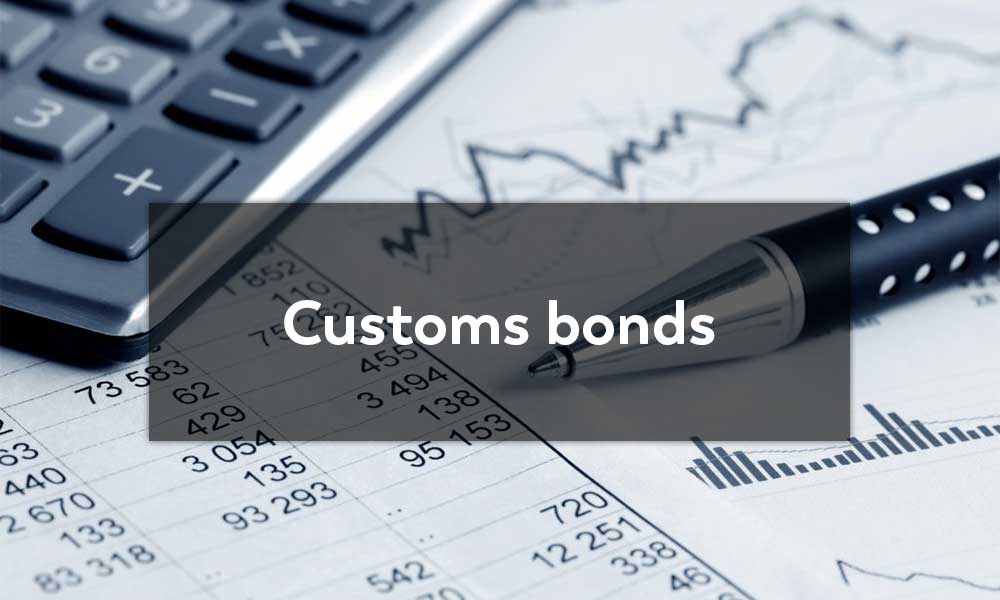Everything You Need to Know About Customs Bonds

If you are into the import-export business, you must have come across custom bonds. But do you know what these are? This comprehensive guide will highlight everything you need to know about customs bonds.
In Canada, there are a lot of regulations that must be followed by importing and exporting industries. However, if you are new to the industry, you might need help with all the rules. As per the Canada Revenue Agency (CRA) regulations, all shipments entering the territorial limits of Canada must have a customs bond.
In simple words, a custom bond is an essential documentation that ensures all the rules and regulations have been complied with by the importers in Canada. Many reliable customs brokers can help you get the import bond quickly as they have significant expertise in the field and are thorough with all the rules and regulations of the customs.
This guide will further discuss import bonds in depth. Also, read below to learn when you need an import bond for your import business.
Understanding Customs Bonds
Understanding the paperwork required to fulfill the Canada Border Services Agency (CBSA) demands can be tricky, especially for someone new to the industry. In this context, an import bond is one of the most important documents needed from all importers in Canada.
But why do you need one? To answer this, a customs bond acts as a contract or agreement to make sure that all the charges and duties have been paid. Typically, it is a three-party agreement, including a surety, importer, and customs. It is essential for an importer to get such a bond, and it can be obtained in either of two ways: contacting a reliable customs broker or reaching out to a freight forwarder.
Read below to find out under what circumstances you may need such a bond and its various types.
When Do You Need Customs Bonds For Your Import Business?
There are numerous conditions when you may need a customs bond. Import bonds are applicable when the shipment value exceeds $2500 or when the freight includes goods subjected to meet the rules and regulations of federal agencies or any other governmental agency. Import permits are needed when the goods are carried by air or ocean.
For example, all the food products imported to Canada must meet the Canadian Food Inspection Agency guidelines. Alternatively, obtain an import bond to avoid the goods being stuck in the customs clearance process involving significant delays and charges.
Additionally, there are various kinds of import bonds, such as a Form D-120 bond, customs broker license, the release of goods prior to payment of duties bond, Non-Resident GST/HST Bond, Air Carrier bond, Carnet bonds, Customs Sufferance Warehouse Bond. Choosing which one you need for your business requires knowledge.
Hence, it is always recommended that you get an import bond from a reliable broker who can assist you with all the essential paperwork. Moreover, these brokers are highly skilled professionals in their field and have significant experience related to the guidelines.
Final Thoughts
Custom bonds are a necessity for all the importers and exporters in Canada. As per the Canada Border Services Agency (CBSA) Assessment and Revenue Management (CARM) guidelines, it is mandatory for importers to obtain an import bond. There are several types of bonds, such as Form D-120 bonds, customs broker licenses, etc., depending on specific criteria. Certain reputable brokers make the work easier as they are highly knowledgeable and skilled and are known for delivering the best services to their clients.










